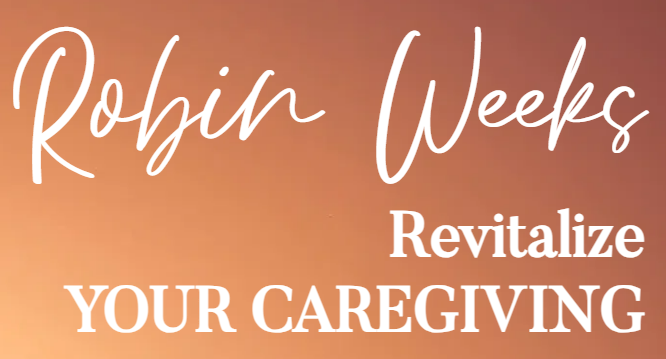My mother used to introduce me as “This is My Mother, My Daughter.” She said it with all the sarcasm and snarkiness she was so good at. She resented that I made decisions for her, that I drove her everywhere and checked up on her when she was supposed to do physical therapy or take her pills, that I cut her off from a second glass of wine in the evening, or tried to make her eat when she didn’t want to.
She was right! I had slowly become her mother and lost my role as her daughter. After the death of my father and older brother I became very protective of her. I moved her to assisted living near me. I uprooted her from where she had lived for 67 years with my father. She became dependent on me for so many things. And, I forgot to respect her as an adult, as my mother, as someone who had an amazing life with amazing accomplishments.
When becoming a caregiver for an aging parent it is frequently the case that someone will bring up the term “role reversal”. The meaning being that you are now the parent of your parent. I find this to be disrespectful. If you have read my blog “My Mother, My Daughter” you will know how insulting this can be for an aging parent.
Yes, when you begin to support, care for an aging parent it can feel like the responsibility for another person. But, an adult, not a child. An adult who has had a life of experiences and who may have raised you and left you with some good qualities. Yes, when dementia is present it changes some of this but even with dementia, showing respect for them as individuals is important.
Some areas where caregivers insert themselves and usurp the independence and lives of their parent:
Taking control…..takes away more of their independence, they slowly allow you to do more, becoming more dependent. What have you taken on for them that they can still do? Children, we relinquish control to allow them to do more. As your parents age, their world shrinks and so does their control in it.
Making decisions…..making decisions for them as if they no longer have the ability to have input is rude, disrespectful. Guiding, partnering, supporting their decisions still gives them a say. And, if you don’t agree, consider other options. My mother strongly resisted me getting involved in her healthcare until I suggested to her that just like her husband was her partner, would she allow me to be that partner? She agreed and for many years we would talk things through.
Monitoring their every action……moving furniture around is sometimes necessary but rearranging the entire house for them? You start to make them feel totally incompetent. When my mother was advised to start using a rolling walker, she resisted, I insisted and realized I was taking away her desire to keep moving.
Advising them against doing certain things…..you can’t wrap them in bubble wrap. Someone who is in their late 80’s, 90’s may sometimes need some guidance about what is feasible, but if they want to take a trip, eat cake for dinner, let them! My mother had wanted to take a river boat cruise. I talked her out of it and regretted that I did. It would have been hard on both of us and I knew that, but we could have done it.
Making all of their financial decisions…..sometimes there are big ones that require your POA to step in and manage. My mother always wanted to have some money available. She knew my brothers were managing her accounts and she would always ask,”How much money do I have?” She was always wanting to buy things for me and I resisted because it didn’t seem right. And, she loved to spend money. So, she did, and I often would try to stop her, then I would remind myself, it’s her money! As long as her expenses were covered, I had to let go.
You probably didn’t sign up for this role, job. It’s very hard watching your parent need more in so many ways. When I realized how much I was managing my mother’s life and how much work it was for me to do, I had to stop and re-group. She lived in assisted living and had lots of help, activities she could choose to go to or not. She still could make choices in her life and I had to allow her and step back from being her Mother. I had forgotten to be her daughter and when I was, we got along and enjoyed each other more.

